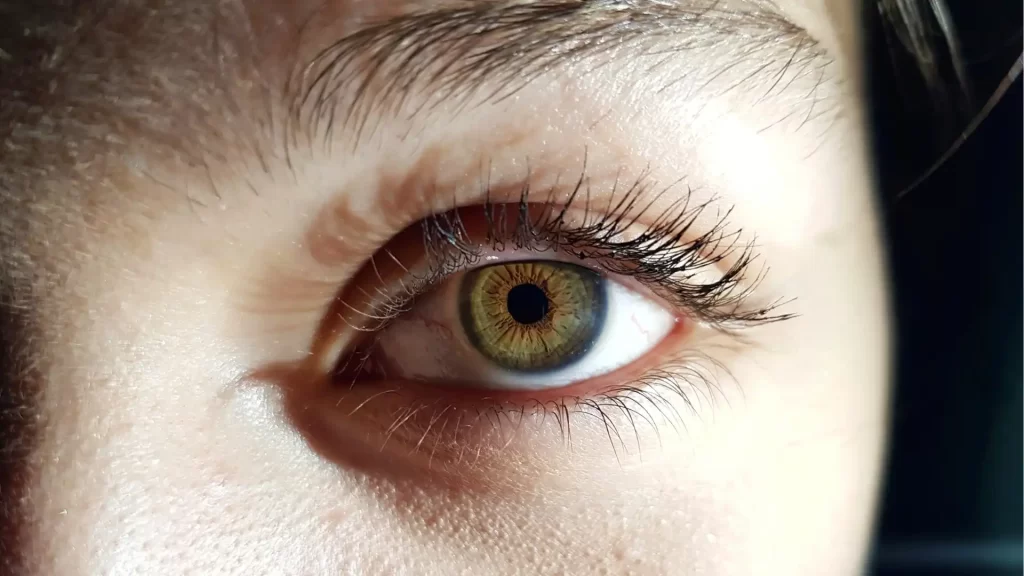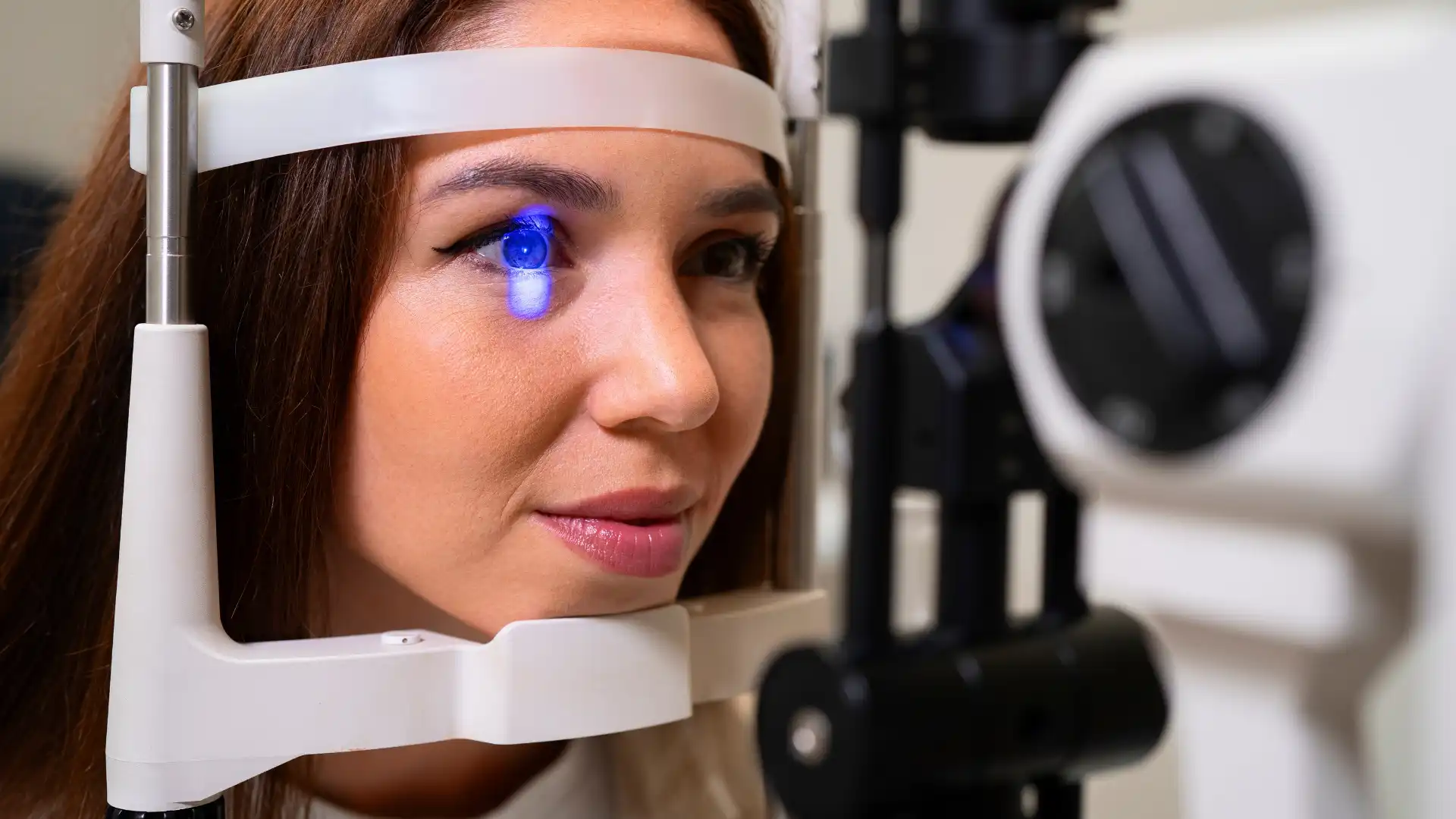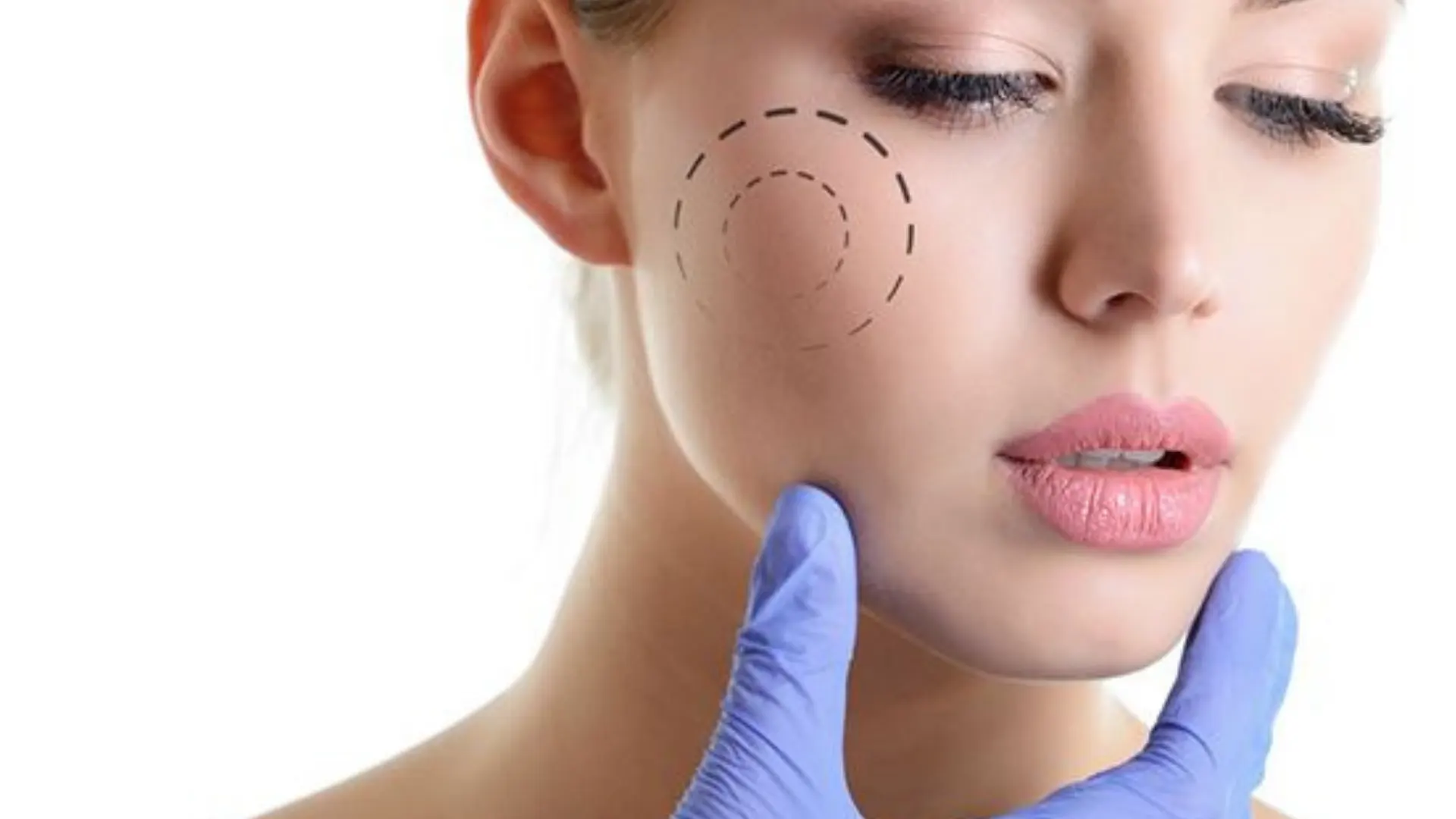Keeping your vision safe is one of the biggest parts of keeping yourself healthy. Our eyes are complex organs and we need to pay attention to keeping them healthy. Sadly though, there are many eye conditions which cause you not to see clearly such as those involving the retina and if they are not taken care of within the right time, may cause some permanent damage.
Taking the vital step of knowing our early signs of retinal disease, knowing our symptoms, knowing our treatment options will make the difference between preserving and preserving your vision.
The entire Vitapera Clinic is focused on comprehensive eye care along with state of the art treatment for retinal and other ocular diseases. This guide will be a tour of the most common eye diseases, focusing in on retinal diseases in particular: Explains what they are, what their causes and symptoms are, and options for surgery.
Most Common Eye (Ocular) Diseases
There are several eye conditions that can affect individuals across all ages. Some of the most common include:
Cataracts
A cataract is clouding of the eye’s lens as you age. It can cause blurry vision and problems seeing in poor light. Fortunately, cataract surgery works very well to restore your sight.
Glaucoma
In this condition, the optic nerve is damaged, generally through pressure in the eye that is too high. The ‘silent thief of sight’ is what it’s called as symptoms are uncommon until the vision is badly affected.
Age Related Macular Degeneration
AMD is one of the most common causes of vision loss amongst those over 50. It affects the macula, the central patch of the retina that provides much of your detailed vision.
Diabetic Retinopathy
The blood vessels in the retina are damaged enough to help those with diabetes develop this condition that causes vision problems or blindness.
Retinal Diseases
Your retina (the ‘screen’ at the back of your eye) can have a problem for lots of reasons. These diseases are best treated and diagnosed as soon as possible before permanent vision loss.

What is Retinal Disease?
The retina at the back of the eye is a thin layer of delicate tissue which takes up the light and converts it into electrical signals and sends them to the brain, which interprets them into visual images.
If retinal diseases are not treated, they can cause significant vision loss, and often, permanent blindness. Featured Diseases include many categories of diseases:
- Detachment of the retina leads to an imperfect sealing of the retina from the underlying tissue, and if not treated immediately, permanent vision loss can result. This eye disease attacks the macula—the central portion of the retina, causing gradual loss of central vision needed for such tasks as reading, driving, and other fine detail work.
- Retinitis pigmentosa is a gradual decline in vision from a sometimes hereditary condition affecting the retina’s ability to respond to light—often perceived in the form of night blindness.
- Diabetic retinopathy is an eye problem caused by high blood sugar levels damaging the blood vessels in the retina, the light sensitive layer of tissue in the back of the eye. It can cause vision problems and, in extreme cases, blindness.
A blockage in the veins that drain blood from the retina to the body creates retinal vein occlusion and can cause sudden vision loss, frequently stemming from cardiovascular problems. The earlier these conditions are recognized and treated, the better off your vision will be.
Retinal Disease Symptoms
Symptoms of Retinal disease vary widely depending on the disease but one of the most common symptoms of retinal disease is blurred vision which can occur slowly or suddenly and is indicative of a retinal problem.
Retinal disturbance could show up especially in small specks of floaters and flashes of vision such as light. In some cases, if you have a retinal disorder you might have a loss of peripheral vision, or trouble viewing objects on the side. Macular degeneration also causes distorted vision in which straight lines are wavy or bent. You may have a dark, curtainlike effect across your visual field (retinal detachment) as dark spots or shadows.
Remember that many retinal diseases, like diabetic retinopathy or macular degeneration, may not give you early symptoms or warning signs, and regular eye exams for these silent killers are essential in catching the disease early and stopping further damage.
Retinal Disease Causes
Certain retinal diseases are common and some are due to aging — as seen with the risk of macular degeneration or retinal tear as people age.
Getting Retinitis pigmentosa from heredity and hereditary conditions like retinitis pigmentosa also raise the risk for those who have a family history.
Another major reason is diabetes, which when not well controlled causes blood vessels in the retina to become damaged, resulting in diabetic retinopathy.
Retinal detachment, or other retinal disorders, can also occur as a result of physical trauma to the eye. If you have high blood pressure (hypertension), you’re at risk for a condition called retinal vein occlusion. Blood vessels that are blocked can’t carry blood properly. Pre – existing eye conditions, like extreme nearsightedness (myopia), also increase the risk of the development of retinal detachment or other retinal problems. Knowing these causes is important to prevent retinal disease and catch it as early as possible.
Eye / Ocular Surgery Solutions
If retinal diseases are caught at an early stage, preserving vision is critically important, and with a wide range of surgical options available, appropriate surgery depends upon the type and extent of the issue.
Sealing leaking blood vessels and as a preventative measure to avoid future damage is the most common laser surgery used to treat problems such as diabetic retinopathy and retinal tears by using laser photocoagulation. When cases are more complicated, a vitrectomy may be performed to fix retinal detachment and remove scar tissue or treat other retinal problems. More invasive retinal reattachment surgery is performed to reattach the retina to the back of the eye if detachment has happened.
For example, age-related macular degeneration can be slowed down and abnormal blood vessel growth can be halted using injections into the eye, including anti-VEGF treatments. Furthermore, in cases of tears or detachment of the retina, cryopexy (freezing therapy) may be performed to cause scar tissue to attach back to the retina. With ocular advanced surgeries and a personalized care plan, our Vitapera Clinic is the best care for retinal diseases.
Conclusion
Consequently, retinal diseases can drastically affect both your sight and your general well being, but early diagnosis and timely treatment can be the difference between seeing the world clearly or not any more. Early detection of eye diseases is important, since most of the eye conditions discussed above are not detected unless you go for regular eye exams.
At Vitapera Clinic, we aim to be your source for excellent eye care and cutting edge surgical options to take care of your retinal issues and keep your eyes healthy. Your eye health is your vision, take control of it now.
FAQ
Which Poor Vision Conditions Require Medical Intervention?
Some eye conditions need to be seen by a doctor right away. Sudden vision loss is a serious condition; It is usually a sign of a detached retina or a much more serious problem, and immediate medical attention is required. In the same way, a severe blurry vision affecting both eyes for 20 minutes or longer with no relief from corrective lenses needs to be seen by an eye doctor because this can suggest an underlying complication. Another urgent condition is distorted or wavy vision, and can be linked to macular degeneration and needs to be treated as soon as possible to prevent further damage.
Can Retina Issues Be Fixed?
Many retinal problems can be treated, if they’re found early. Surgically, the retinal detachment caused by retinal (or ocular) detachment or by diabetic retinopathy, or the like, can be treated or repaired with vitrectomy or laser therapy. The disease is treated if it develops early enough, but its effectiveness is reduced the longer the time interval from the beginning of the symptoms to the time of treatment.
Are Retinal Diseases Common?
Retinal disease occurs frequently, but many people do not know this – though it is most common in the elderly and in people with underlying medical conditions like diabetes. For example, they account for millions of people worldwide with age related macular degeneration and diabetic retinopathy.
How can you tell if you have retinal damage?
Damage to the retina manifests itself with blurred or distorted vision, floaters or flashes, loss of peripheral vision. If you suffer any of the above symptoms, please see an eye specialist for your diagnosis and examination.










